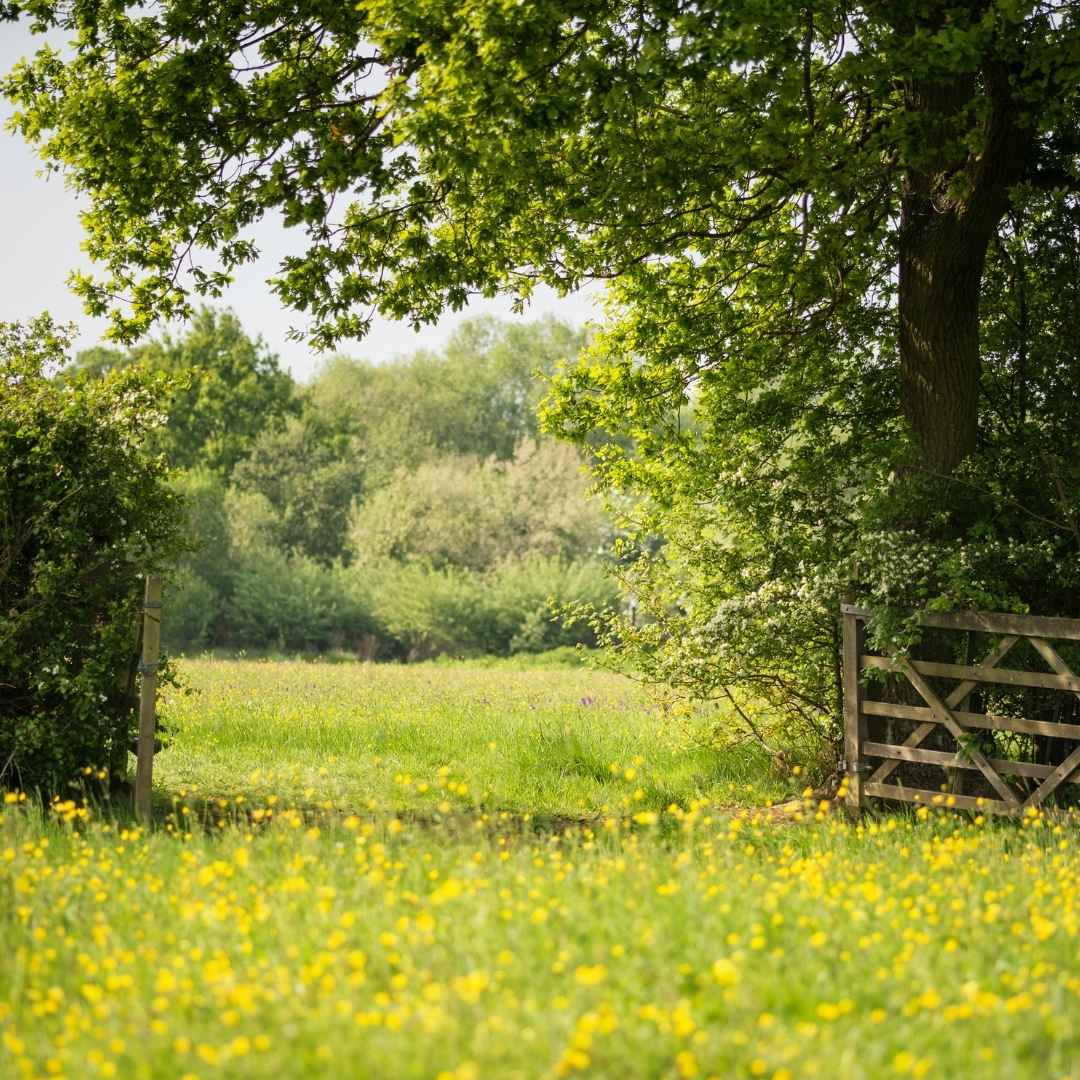Adverse Possession: it’s more common than you think

Adverse possession sounds very legalese, very niche. But the question over what land belongs to which person crops up remarkably frequently. That bit of land in front of your garden, the few square feet next to your drive, a space at the back of your house. In this small country of ours, an extra few metres of space, to carve out a parking space, increase the size of your garden or do much more, can be important.
So, what is adverse possession?
Adverse possession refers to the process in which an individual can claim ownership of land or property that they have used and controlled without the permission of the registered owner for a certain period of time, usually 10-12 years.
The concept in law is based on the idea that land should not remain unused or neglected, and that individuals who actively maintain land should be given the opportunity to acquire legal rights to it over time. It acts as a deterrent to disinterested landowners.
To successfully claim adverse possession, you must:
- Possess the land ‘adversely’ i.e. without the owner’s consent
- Have factual possession of the land, usually demonstrated by exclusively controlling the land, and dealing with it as an owner would
- Show an intention to possess the land to the exclusion of all others, including the title owner. Such an intention might include fencing off the land
- The possession must be continuous for a specified period of time: 10 or 12 years.
To successfully resist adverse possession, you must:
- Ensure all your land is registered with the Land Registry so that your name, contact details and ownership is recorded in an easily accessible place
- Regularly check your land for signs of unauthorised use and keep clear records of your inspections
- Commission a boundary survey to understand where your property finishes and neighbouring land begins
- Consider entering into a boundary agreement with neighbours which can be lodged and recorded at the Land Registry
- Erecting fencing or walls to clearly mark out boundaries
- Erect signage stating no trespassers to act as a deterrent.
Understanding adverse possession is essential for landowners to ensure they continue to own land. And for people who have maintained and improved land over many years, possibly through tradition or through informal agreement, or through having badly-drawn out plans in the first place, understanding adverse possession is essential.
At AWB Charlesworth Solicitors we have extensive experience in adverse possession.
If you need legal advice on this or other related issues, contact Christopher Cooper by calling 01535 613680 or email christopher.cooper@awbclaw.co.uk.
Read more:
GovUK: Adverse Possession of Registered Land Practice Guide
Buying property or land? Look at the deeds
Register your property! Reduce property fraud!
25 June 2025


